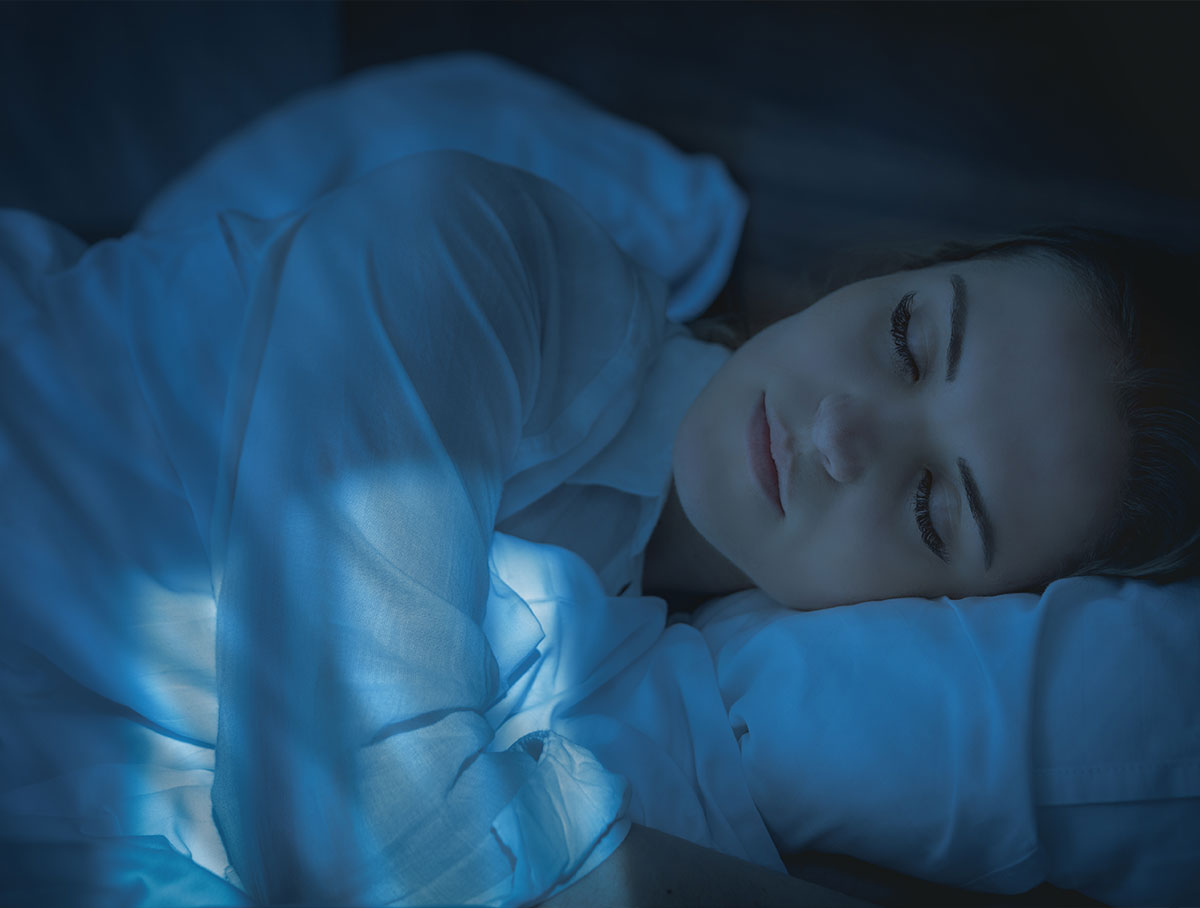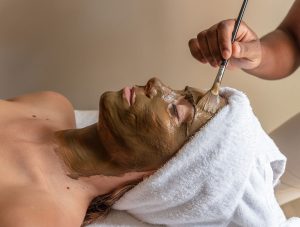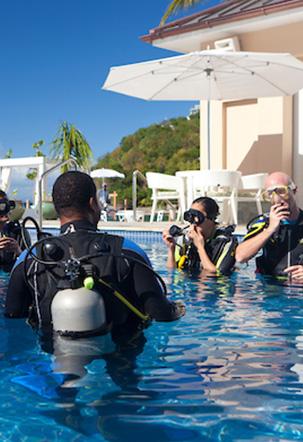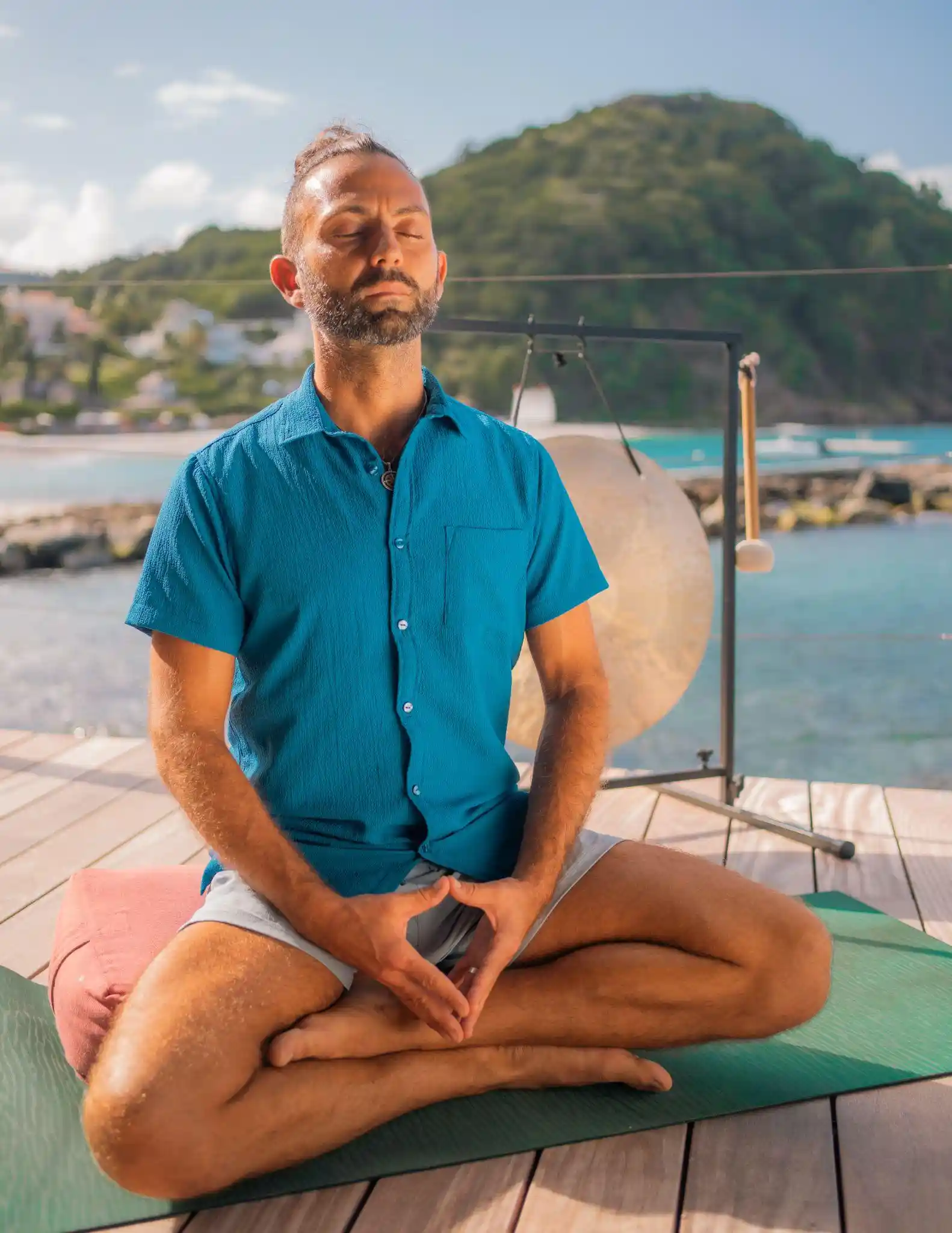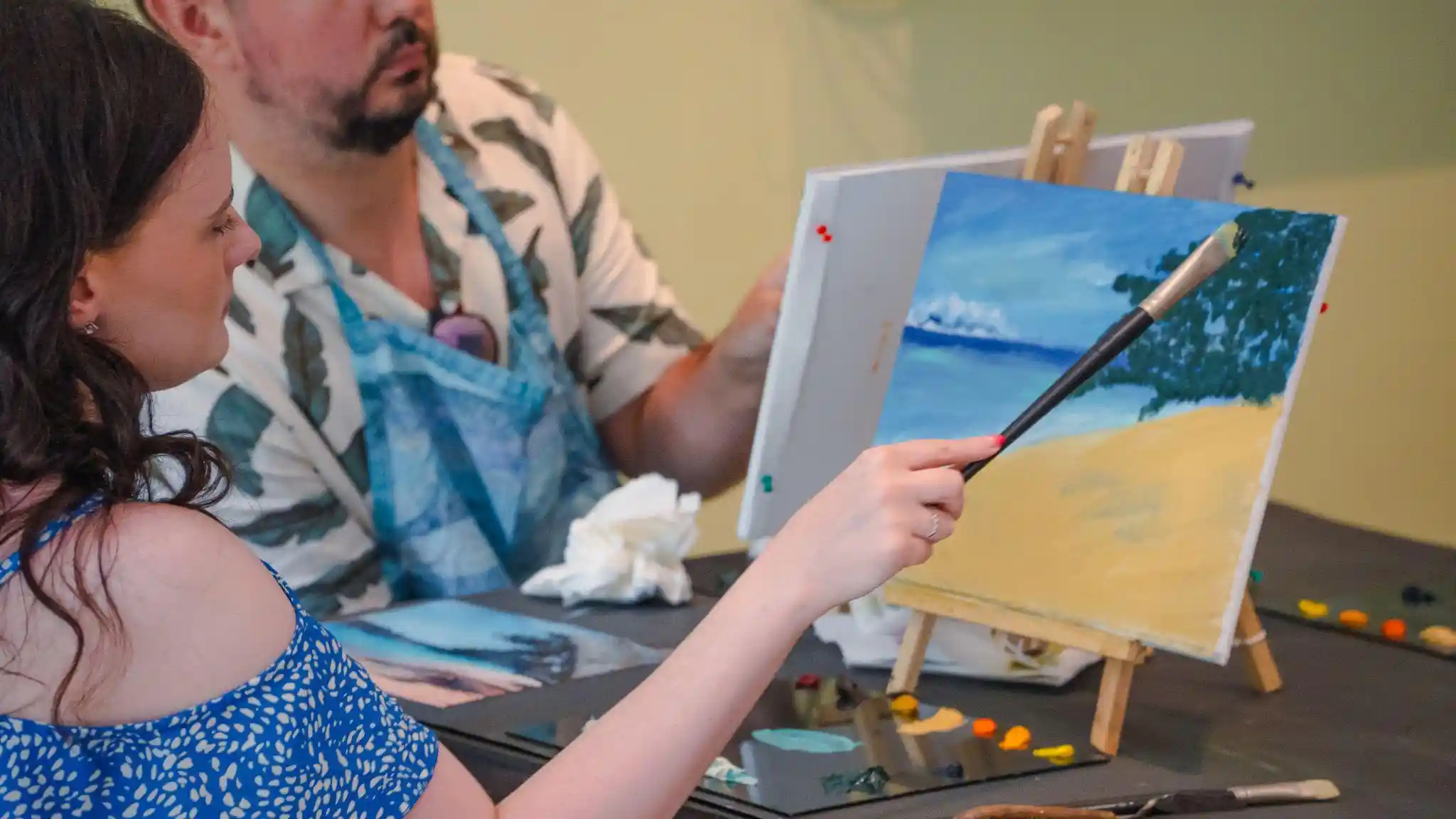As we advance to new horizons, one of the significant aspects of our lives that needs more focus is mental health. While there is increasing consciousness, many people still suffer in silence, not knowing the contributing factors or what needs to be done to improve their health.
The encumbered state of a person who does not have a mental condition is not the whole definition of good mental health. It’s defined as a wholesome state of social, emotional and psychological condition which influences one’s behaviour and thoughts, and how these elements cooperate with one another. It affects how we face pressure, our relationships, and the decisions we make. Caring for our mental health is just as important as caring for our physical self, therefore knowing when something feels off is the initial step towards healing the body and soul.
Shutdown and Self-Evaluate
It does not take a genius to know that, like all human beings, we are bound to experience emotional rollercoasters. Nonetheless, recurrent sequences of negative feelings are not healthy to maintain and can signal a more serious concern that is lodged deeper in mental health issues. Such symptoms include: being excessively worried, suffering from severe migraines, feeling sadness for an extended period, and losing basic social skills such as talking with friends or family. A person struggling with depression might also show physical changes such as reduced appetite, lethargy or oversleeping. In some extreme cases, self-inflicted bodily harm and even suicide could be signs of deep-rooted troubling elements of the mind.
Just like how no two people are alike, mental health challenges are different for everyone. Some might become violent or angry, while others become apathetic or indifferent towards everything. Recognising these symptoms within ourselves and our immediate surroundings makes it easier to act before it is too late, and gives us the opportunity to provide the correct treatment.
Issues That Can Influence Mental Health
Genetics, personal life experiences and the choices we make, all influence an individual’s mental health. When put through highly distressing events like the passing away of a significant other, money problems, or other negative experiences, a person’s mental health could go down the drain. Moreover, stress from relationships, work, or simply from society can affect our emotional well-being.
Our mental health is also affected by our physical well-being, so taking care of oneself is extremely crucial. Mood disorders, along with depression and anxiety, can arise due to poor sleeping habits, not eating well, and a sedentary lifestyle. Mental health issues can also stem from hormonal changes in the body, medical conditions or even self-inflicted prolonged substance abuse.
With the surge of the digital era, mental health issues have evolved as well. As social media becomes more and more popular, feelings of anxiety, loneliness, and just plain unhappiness become more common. The need to always portray an idealised version of one’s life can cast a dark shadow over reality and lead to depression and low self-esteem.
Managing Mental Health: A Holistic Approach
Maintaining and managing your mental health is best approached holistically by integrating the mind, spirit, and body. Healing is not achieved through a singular remedy but rather through self-awareness and the balance of different practices. For instance, many people have found solace and healing using practices such as yoga, meditation, Ayurveda, better ageing techniques, and creative painting. All of these not only work to alleviate mental distress but help cultivate mental resilience over the long term.
Yoga-The Path to Inner Harmony
Yoga is an ancient form of practising movement, breath, and stillness altogether. A variety of studies have shown that yoga is an excellent way to reduce stress, anxiety, and depression, and this is achieved by improving the regulation and function of the nervous system, while also increasing serotonin levels. As such, yoga not only improves relaxation, focus and emotional regulation, but yoga is an effective tool for self-care.
Yoga can assist individuals in creating a powerful connection between the mind and body. The slow, gentle stretching and breathing work together to relieve tense muscles, creating a state of mind that is peaceful and clear. For many, yoga functions as a way to work through trauma, grief, and emotional pain, while also allowing them to process their feelings.
Meditation- Finding Peace in an Out-Of-Control World
Meditation improves our mental well-being. It is a technique that requires the mind to focus, complete awareness, and emotional strength. Research studies reveal that meditation decreases anxiety, depression, and PTSD symptoms because of the lower cortisol levels and improved brain health functions.
Even a few minutes of meditation a day can yield significant results. Mindfulness meditation is one type that encourages staying in the present and interacting with one’s thoughts objectively. Guided meditation, visualisation, breathing techniques, and even simple exercises help people manage stress and emotional overload. With time and repetition, meditation becomes a refuge – a place where the mind can relax and recharge.
Ayurveda -The Study of Life and Balance
Ayurvedic medicine is an Indian form of healing that supports holistic approaches to mental health by correcting the balance of energies (doshas) in the body. This practice views psychosomatic health as part of the physical and spiritual health triad through nutrition, lifestyle, and herbal medicine.
Ayurveda suggests a unique approach to wellness, incorporating a person’s body type. Restoration and balance can be achieved through various methods, such as herbal medications, detoxification procedures, and dietary changes. Principles of Ayurveda also include the regimen, adequate sleep, and proper dining with focus, which are factors that lead to emotional stability and mental sharpness.
Healthy Aging – Embracing Wellness at Every Stage
Journeying toward mental wellness is a continuous process, and developing an attitude of healthy ageing is critical for positive emotions and contentment in the long run. The ageing process has its challenges, such as changes in physical health, life changes, or even alteration in self-identity. However, appreciating ageing as a part of life’s evolution helps build self-appreciation and strength.
To maintain a healthy state of mind, one needs to exercise regularly, socialise, and take part in stimulating activities. A positive approach to ageing also includes being ready to learn new things, being curious, and taking steps for personal wellness. And it’s never too late to start fresh, whether it’s pursuing new activities, meeting new people or finding a fresh purpose in life.
The Healing Power of Art: Learning to Paint as Therapy
Art has always been recognised as a form of self-expression and a method of healing. Learning to paint offers an emotional outlet for capturing and processing emotions, stress relief, and enhancement of thinking skills. The ability to create beauty provides a sense of achievement and encourages a positive self-image.
Mindfulness can be promoted through painting, in which persons can only think of the present. Watercolor, acrylics, as well as mixed media, allow for profound self-analysis and the desecration of feelings. Many say that painting serves as a meditative form of therapy in which complex emotions turn into compassion.
A Sanctuary for the Mind: BodyHoliday in Saint Lucia
If you are looking for a mental health transformative retreat, BodyHoliday resort in Saint Lucia is the best option that provides an ultimate escape to nourish the mind, body and soul. This exceptional award-winning wellness resort takes a comprehensive approach to mental health and combines all of the above – yoga and meditation, Ayurveda and healthy ageing practices as well as art therapy, which is provided in the form of painting lessons.
BodyHoliday focuses on relaxation, self-care, and rejuvenation. Guests can practice yoga by the ocean, take part in creative workshops, receive Ayurvedic treatments at the wellness centre, or enjoy guided meditation sessions. No matter what they choose, guests always leave refreshed and renewed.
BodyHoliday stands by the idea that mental well-being is a necessity instead of a luxury. Integrating healing practices into everyday life allows people to cultivate mental resilience, self-care, and happiness. BodyHoliday equips people with the tools and surroundings needed to achieve holistic mental well-being for both short retreats and extended wellness journeys.
Key Takeaways
Your mental health is an important component of your overall health that needs to be managed and actively engaged with. Recognising stressors and risk factors in one’s life, as well as incorporating holistic practices can change how one approaches life and its hurdles. Things like yoga, meditation, Ayurveda, healthy ageing strategies, and even painting are highly effective in transforming lives for the better.
These life-changing practices can be found integrated under one roof at BodyHoliday located in Saint Lucia. BodyHoliday is a retreat designed to cater to both the body and mind. Through these holistic practices, people are able to unlock the doors to self-exploration, healing, and mental wellness.



